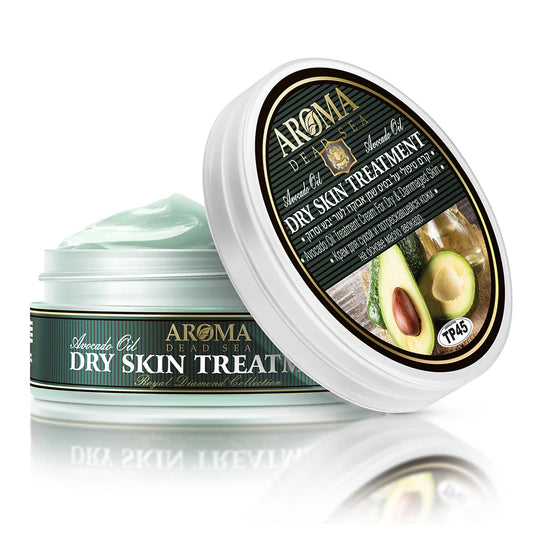Autumn is a beautiful season. Nature changes and offers spectacular colors. We turn the heating back on and bundle up. We feel more like snuggling up: taking a bath, enjoying a face mask, and spending the evenings on the couch.
For the skin, autumn is a period of transition from summer to winter. The skin needs to repair the damage from summer and prepare for winter.
Therefore, when autumn begins, it's a good idea to review your skincare routine. This is because artificial heating and less sunlight have a direct impact on the skin. By adapting your habits, you'll prevent your skin from becoming drier and more sensitive. For example, opt for a richer face cream. and use a serum more often.
With more intensive care, you can also prevent skin conditions such as acne, atopic eczema, psoriasis, and rosacea from worsening due to drier air and a lack of vitamin D.
In your skincare, choose ingredients that help repair the skin. Vitamin C, for example, has a proven effect on existing sun damage (pigmentation and wrinkles). Products with barrier-repairing and soothing ingredients They also help restore the skin's condition. Also, be sure to use enough moisture-retaining ingredients, such as hyaluronic acid .
Exfoliate
Exfoliation now takes on special importance. A good exfoliation not only removes dead skin cells but also helps reduce pigmentation, prevent breakouts, and retain moisture.
Exfoliate your skin 1-2 times a week. For your face, use a gentle scrub ; for your body, a rougher one . Exfoliation removes dead skin cells and stimulates skin repair. Don't forget your feet (especially your heels).
Take care of your hands
Hands always have a lot to endure, but in autumn they dry out more quickly due to the cold outside and the dryness inside. So here's the thing: moisturize them regularly! Our range includes several hand creams. that prevent and repair chapped hands, nourish and care for the skin and are also quickly absorbed.
Drink water
It's important to hydrate your skin both externally (with skincare creams) and internally. Pure water is the most effective way to do this (avoid alcohol and coffee, for example).
Moisturize regularly
Closing windows and turning on the heating will reduce the humidity in your home. This lower humidity causes your skin to lose moisture from the environment, making it feel drier.
Therefore, treat your skin regularly with a rich body cream or oil . Pay special attention to dry areas, such as your shins, knees, feet, and elbows.
Use a serum and a richer face cream
Inclement weather, cold wind, rain, and the heat and dryness of heating often leave the skin tight, and cracks, tears, peeling, and red spots can quickly appear.
Therefore, in autumn it is better to use a facial cream that nourishes, hydrates, and adequately protects your skin from the cold, rain, wind, and temperature changes. Give your skin an extra boost by using a serum Under the cream. Also apply a nourishing mask. once or twice a week.
Don't shower too long or with water that's too hot.
Of course, it's wonderful to take a long, hot shower or bath after a bleak, cold fall day. We feel warm again and forget about everything around us. However, because shower and bath water strips away many of our skin's natural oils and moisturizers, it becomes dry and sensitive. So enjoy it, but, as with many things in life, in moderation! Limit the time you spend under water and use gentle products .
Skin conditions in autumn
Why skin conditions like eczema and psoriasis Do skin conditions tend to worsen in the fall? Even if you've taken perfect care of your skin all summer, the sun, sea, chlorinated water, and/or air conditioning have put your skin barrier to the test. A damaged skin barrier makes it easier for bacteria and viruses to enter and also causes the skin to dry out more quickly. As a result, skin conditions such as psoriasis and eczema are more likely to appear or worsen.
More acne after summer
Acne problems They can also appear or worsen after the summer. This is because UV radiation causes the outer layer of the skin to thicken. This extra strain on skin cells can cause blockages in the follicles, increasing the risk of developing inflammation. Additionally, sunlight can stimulate sebum production. As the summer tan slowly fades, acne is also more noticeable in the fall.






